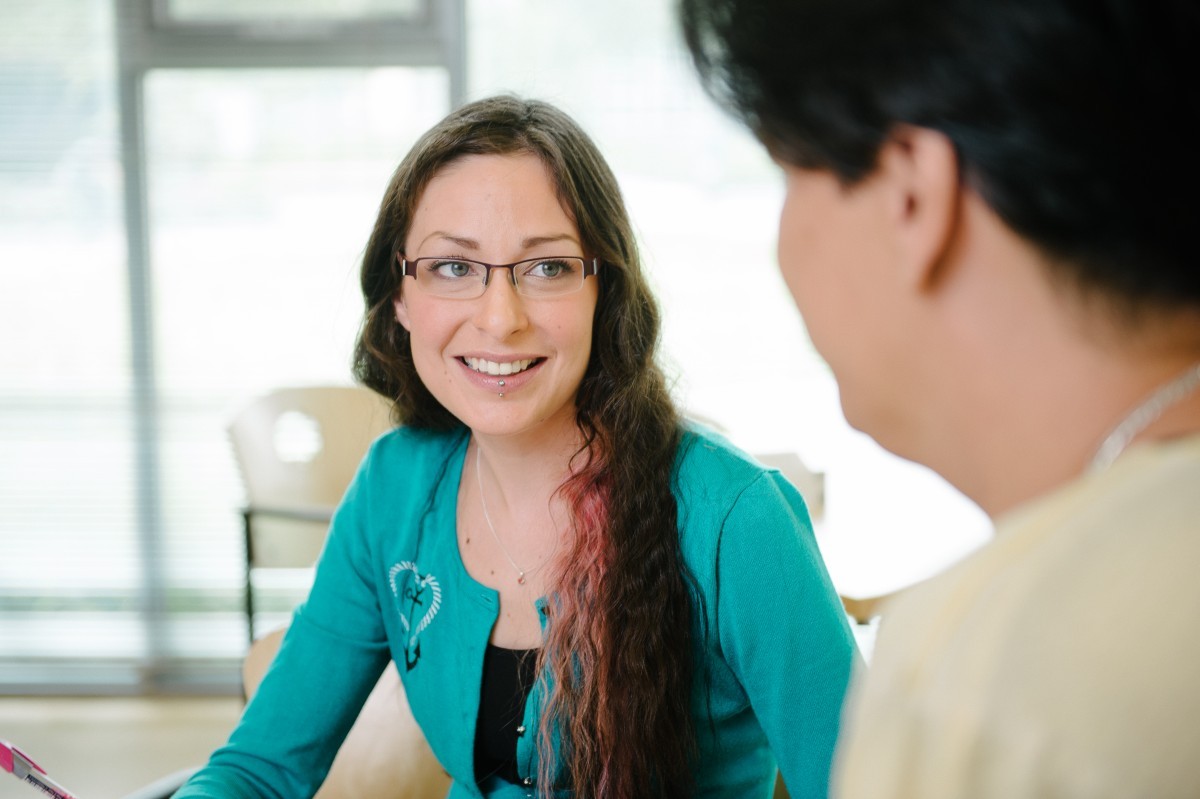
Continuing the conversation on graduating with Indigenous awareness
Sharing Circles taking place at Bannatyne and William Norrie campuses
How does the University of Manitoba ensure every student graduates with a basic understanding of the importance and contributions of Indigenous peoples in Manitoba and Canada?
It’s a big question, and the University of Manitoba Aboriginal Students’ Association and the Office of Indigenous Achievement invite all students to share their ideas during a series of three Sharing Circles.
In January, during Indigenous Awareness Week, students and members of the university community gathered with thought leaders and experts to discuss the possibility of an Indigenous Course or Credit Requirement (ICR) for the University of Manitoba. A variety of opportunities and challenges were brought up by the panelists and audience members.
Students also shared their opinions at the first Sharing Circle, held on February 4th at University Centre.
“There are nearly 30,000 students at the University of Manito Ahbee. It is difficult to imagine anything more fundamental than learning about the territory connecting us all. In my opinion recognizing this is step #1. The rest will follow.” – Jeremy McKay
“I don’t think incorporating indigenous knowledge on campus is so much about “making our campus indigenous”, but recognizing that there is an entire unspoken part of history, where this is as much their land as it is ours. And the Indigenous ways should be as prominent as our European ways. Especially, when our European ways are failing us, and somehow being environmentally aware became a new western phenomenon, when it has always been the Indigenous way.” – Joëlle Preston
“Indigenous knowledge can be taught through everyday life, as that was how teachings were taught by our elders; through experience and observation. The seven scared teachings can be incorporated and applied to everything. Elders need to be involved in the curricula as they are the keepers of our traditional knowledge. As Elder Ted Fontaine expressed, “our sacredness comes from oral.” Oral examinations and hands on experience through fieldwork woven into courses. Appreciation of the community and land surrounding you is essential.
I feel when First Nations cultural history, as Canadian history, is not just an elective; our future generations will feel more empowered and more confident in their knowledge of the nation they walk upon historical knowledge. “ – Kristin Flattery
These Sharing Circles will gather feedback provided by students on three questions:
- How do YOU think Indigenous knowledge can be incorporated in the university experience?
- Several universities across Canada are implementing an Indigenous Course Requirement (ICR). Should the U of M do the same?
- What other ways can we ensure that every student graduates with Indigenous awareness?
The two remaining Sharing Circles will take place:
William Norrie Centre
Student Lounge Area
12:30 PM – 2 PM
Friday, March 18, 2016
Bannatyne Campus
Room 141 Apotex Centre
12:30 PM – 2 PM
Wednesday, March 30, 2016
All U of M students are welcome and a free lunch will be provided. If you have any questions or need more information, please contact: Ruth Shead, Coordinator in Indigenous Achievement at ruth.shead@umanitoba.ca.
Students who are unable to attend a session are encouraged to share their opinion with us online. All responses are anonymous.







I believe each program shld have at least 1 (3 Cr.hrs) if not 2 (3 cr hrs) Crses, mandatory on Indigenous history in Cda, whatever program the student is in? Let each program design them for course specific content?
Vetted by prog policies set by NS Dept.